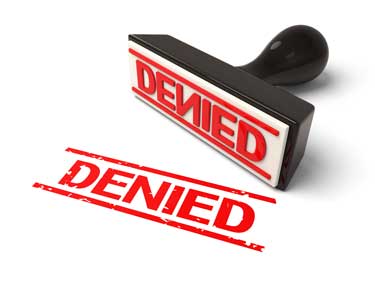In 2013 Mayor Rahmbo Emanuel instituted a cost cutting measure that saved Chicago "tens of millions of dollars". And retired city workers paid the price.
Among the perks promised to older city workers — affordable health insurance in retirement.
But in 2013, then-Mayor Rahm Emanuel announced he was ending the benefit to save cash.
Retirees who started working before 1986 were hit the hardest.
They never contributed to Medicare during their employment — the city’s choice, not theirs.
As a result, many now don’t qualify for government health insurance, even at age 65.
For a single retiree, the annual cost is now more than $33,000, whereas before it cost a few thousand dollars. -
WGNTV News
More than $33,000 per year . . .
Missing the Mark
One is not required to pay into the Social Security system via payroll (FICA + MEDICARE) taxes to be ELIGIBLE for Medicare.
If you or your spouse are US citizens with 5 years residency you may BUY IN to Medicare.
Buy In To Medicare
Medicare Part A premium $458 (2020) -
Current premium for those who do not have 40 quarters of Medicare wages.
Medicare Part B premium $145 (2020)
$458 + $145 = $503 x 12 = $6,036
$33,000 - $6,036 = $26,964
Math is hard . . .
Never let a serious crisis go to waste.



























